Departing, Cleveland’s John Hopkins airport was hustling and bustling with a Labor Day weekend crowd. The many people of all shapes and sizes, and even long lines, invigorated, marking my flight out of Cleveland distinct. I was embarking upon something special. There was no idle time in either Cleveland or Minneapolis. Purchasing my ticket within a week of leaving, I was unable to attain a flight transferring in Denver, missing the Rocky Mountains. Skies were heavy with clouds so sightseeing from the air was minimal. Nothing to despair about as reading consumed. I am startled by the relevancy of the Francois Mauriac novel ‘Woman of the Pharisees’. I cannot put the novel down. It wonderfully cleansed during my approach to North Dakota. I have to quote several sections, quoting lengthy offerings. The story is washing me.
The youthful characters of the novel, three in number, all deal with loss, an emptiness due to absent parents. The brother and sister, Louis and Michele, both lost their mother as young children. Their father passes away amidst the happenings of the novel. Their father dies a broken man, drinking himself to death, shattered by the loss of his first wife, and repulsed by his second marriage to her cousin Brigitte. He married the woman of high religious reputation because she was a cousin to his beloved first wife.
Brigitte Pian, Louis and Michele’s step-mother—a woman driven by perverse ideas of spiritual superiority, consumed by her religious standing and personal practice, is in truth a rejection of love, a brutal application of virtue and righteousness misapplied in the children’s lives. She lords over the children anchored by the conviction their mother was wicked and weak, succumbing to suicide, a judgment she makes on her own. The children’s belief that their mother died due to a horrible accident is a mistruth she allows them to possess, while directing their fates according to her discernment. She controls the truths of the children’s lives, convincing herself she has the right to dictate how they perceive their lives.
The third youth is Jean, a juvenile delinquent, relegated to the care of a compassionate, good, priest. Jean and Michele fall in love, the three children enveloping one another in their search for love and meaning. Innocent, bereft of parental love, they seek amongst one another the experience of love. Their relationships become the source of purpose and hope within their broken, lacking, young lives.
In this profound quote, the idea of maternal rejection is personally important. With the aid of his priest overseer, Jean deals with motherly rejection. His mother is a worldly dreamer, a wanna-be poet/novelist, a woman of intense beauty, self-indulgent and selfish. Her visit to Jean, for she will not allow him to live with her, reveals her true nature to her son. Jean wants to spend the night with his mother at her hotel, however she negates his plan after a passionate confrontation. Jean sneaks out that night to discover his mother lied. She is not staying at the hotel she told him. Investigating, Jean tracks her to a neighboring town, to an expensive high class hotel, discovering her spending the night with a famous Parisian playwright. His mother rejected him in order to enjoy an amorous affair.
…”Was I dreaming? Did I really see what I thought I saw at Balauze?”—the abbe (foster-father priest) interrupted him: “Don’t tell me anything if it’s going to hurt you too much.”
“She lied do you realize that? It was all bunk about her sleeping at Vallandraut…They had booked a room at Balauze, at the Garbet…”
“It is the way of women to say one thing and do another…it’s a well-known fact…”
“She wasn’t alone…there was a fellow with her. I saw them at the window of their room, in the middle of the night.”
He had seen them, and his staring eyes could see them still.
Monsieur Calou (priest) took his head between his hands and shook it gently, as though to wake him.
“It’s no use trying to force one’s way into other people’s lives, if they don’t want one there: remember that, my boy. Never push open the door of another person’s life, for it can be known only to God. Never turn your eyes upon that secret city, that place of damnation, which is the soul of another, unless you wish to be turned into a pillar of salt…”
But Jean still went on, his gaze fixed on some invisible picture. He described what he could still see by the light of memory, what he would go on seeing until his dying day.
“He was almost an old man. I recognized him—a fellow from Paris who writes plays…Dyed hair, a paunch…and…and…that mouth…Oh, it was horrible!”
“You must tell yourself that in her eyes he represents wit, genius, elegance. To love another person means to see a miracle of beauty which is invisible to the rest of the world….And did they see you?”
“No, I was standing against the wall of the church, hidden in the shadow. I had gone before it was light. Then I slept in a mill. If you hadn’t searched for me I believe I should have died like a sick dog. When I think of all you have done for me…”
“You could hardly expect me to sit here with my slippers on waiting for you to come back, could you? You are in my charge, and I am responsible for your welfare. Think of the trouble I should have got into…”
“That wasn’t the reason, was it? Not the only reason?”
“Little idiot!”
“Because you do like me, don’t you—just a bit?”
“As if there was no one else but an old priest to care for Jean de Mirbel!”
I don’t believe it is possible; it can’t be!”
“But look at that gold heart…where have you put it? Ah, hung it round your neck, as Michele used to hang it round hers. Against your heart—that’s the right place for it: like that, you can always feel it. When things get bad you’ve only got to touch it.”
“But she’s such a little girl. She doesn’t know m, anything about me. She’s so pure that she wouldn’t understand me, no matter how hard I tried to explain. Even you don’t know some of the things I’ve done…”
Monsieur Calou laid his hand on the boy’s head. “You’re not one of the virtuous, I know. You’re not that kind. You are one of those whom Christ came into the world to save. Michele loves you for what you are, just as God loves you because you are as He made you.”
“Mamma doesn’t love me!”
“Passion blinds her to the love she has for you in her heart…but it exists all the same.”
“I hate her!” This he said in the rather forced and artificial voice that he sometimes affected. “You think I don’t mean it? But it’s true: I hate her!”
“Of course you do, as we all of us can hate those we love. Our Lord told us to love our enemies. It is often easier to do than NOT to hate those we love.”
“Yes,” said Jean, “because they can hurt us so frightfully.”
He leaned his head against the priest’s shoulder, and went on in a low voice: “If only you knew how terribly it hurt, and still does! It’s as though I were touching an open sore. It hurts so much that I want to shriek—to die!”
“My poor child—we must forgive women a great deal. I can’t yet explain to you why. Perhaps you will understand later: I think you will, because you have it in you to hurt them too. Even those among them who seem to have everything they want deserve our pity…not a corrupt and furtive pity, but the pity of Christ, the pity of a man and of a God who knows well from what imperfect clay he has made His creatures…”
The second quote soothes personally, easing discomfort with the reality of spiritual corruption through improper spiritual directing. Brigitte Pian domineers over a young couple, convinced the husband is wayward and consumed by the flesh for taking a wife. She assigned herself as his spiritual director. The young man had the audacity to disobey her, removing himself and his wife from grace. Deepening the sickness of the relationship, Brigitte ensures the man cannot find work, while establishing herself as the couple’s financial benefactor. She provides the means for the young couple to live, while continuing to spiritually direct the young couple as they prepare for the birth of their first child. The well-intended pious couple, simple in intellect, are brought to a point of absolute confusion regarding their spiritual direction and feelings for Brigitte.
But Octavia (husband) protested. “No Leonce (wife), no; it is wrong to speak like that. Temperament is a stumbling-block to us all. It is easy enough not to commit crimes for which God has seen fit to spare us the opportunity. But only a special gift of Grace can enable us to overcome in our daily lives the real weaknesses of character with which we are burdened. It would have been better, perhaps, if Madame Briggitte had lived under convent discipline.”
“If she ever had, she would soon have bossed the whole community. She’d have made them all tremble, and she’d have had plenty of time to pick out her particular victims. We ought to rejoice, rather, that she is not in a convent where she would have had complete authority over the lives and thoughts of the sisterhood. A woman like Brigitte Pian would be in her element there. We, at least, are free to starve, free never to set eyes on her again!”
“I agree with you that she would have made it her business to insure the sanctity of the Sisters,” said Octavia, still tearful, but with the faint glimmer of a smile. “You must have noticed that the history of the great Orders is full of instances of Superiors like Brigitte Pian. They have always helped the Community to take the stoniest way to Heaven—and the shortest, for people subjected to that sort of discipline do not live long…But I oughtn’t to talk like this,” she added; “after all she is our benefactress…Oh, it’s wicked of me!”
Brigitte Pian reacts to exploding upon the young couple, screaming at them for using the money she supplied to rent a piano for entertainment. Their actions were irresponsible and immature, a waste of her money. Comprehend the complete dependence upon self-will, subtly driving toward spiritual corruption within the ways of Brigitte Pian. She absolutely lacks the ability to penetrate herself with healing insight. She cannot see herself in the light of the Holy Spirit due to her own religious machinations. Brigitte blocks herself, and those she attempts to direct, from proper understanding of God.
Brigitte Pian was no sooner in the street than she turned what remained of her anger against herself. How could she so utterly have lost control of her temper? They did not, as she did, see her perfections from within, nor could they measure the height, breadth, and depth of her virtue. They would judge her in the light of an outburst which, if the truth were told, had made her feel thoroughly ashamed. How could human nature be relied upon when her maturity might reasonably expect to be exempt from the weaknesses that disgusted her in others, the mere sight of a piano was enough to break down all her self-control?
Though the maintenance of her armor of perfection was one of her most constant reoccupations, there was nothing so very extraordinary in link’s occasionally working loose. She could always console herself for such an occurrence—provided there had been no witness. But the Puybarauds, and especially Octavia, were the last people in the world before whom she would willingly have shown signs of weakness. “They’ll take me for a beginner,” said Brigite to herself, and the idea was painful, because she measured her progress in the spiritual life very much as she would have done in the study of a foreign language. She was made furious by the thought the Puybarauds had no idea how far she advanced in the spiritual life. The idea they would rank her on the level of an ordinary church-goer infuriated her. She thought about returning to the young couple reminding them that even great saints have sometimes been the victims of bad temper. She was making great efforts to be a saint, and, at each step forward, she, fought hard to hold the ground she had gained. No one had ever told her the closer a man gets to sanctity the more conscious does he become of his own worthlessness, his own nothingness, and that he gives to God, not from a sense of duty, but because the evidence is overwhelming, all credit goes to God…There had been a time when she was worried by the spiritual aridity that marked her relations with her God; but since then she had read somewhere that it is a rule the beginners on whom the tangible marks of Grace are showered, since it is only in that way that they can be extricated from the slough of this world and set upon the right path. The kind of insensitiveness that afflicted her was, she gathered, a sign that she had long ago emerged from those lower regions of the spiritual life where fervor is usually suspect. In this way her frigid soul was led on to glory in its own lack of warmth. It did not occur to her that never for a single moment, even in the earliest stages of her search for perfection, had she felt any emotion which could be said to have borne the faintest resemblance to love….
…Brigitte Pian found herself yielding to a mood of spiritual discomfort which was far more profound than could be accounted for merely by the fact that she had cheapened herself in the Puybarauds’ eyes. A sense of suppressed anxiety made her aware that the balance-sheet of her soul had not been truly audited, and that she too might one day be weighed in those unchanging standards of the Infinite by which, so she had always understood, the Uncreated Being was in the habit of judging the world of men. There were days when a flash of lightning would tear holes in the mists that shrouded her soul, and show her to herself as she really was…The sense of satisfaction in being Brigitte Pian, which as a rule was so overpowering, fell away from her suddenly, and she shivered, feeling herself naked and miserable…The feeling soon passed, and she always managed, by dint of certain impromptu prayers of proved efficacy, to recover her spiritual equilibrium. When the need for such rehabilitation came on her, she would pause before an altar somewhere until silence once more filled her heart. She not only felt the silence, by adored it as a sign sent to her from her hidden Master that she had again found Grace in His eyes. But today, first before the Holy Sacrament and, later, before the statue of the Virgin she was conscious of a voice within her that spoke in tones of disapproval. “It has been sent to try me,” she thought; “I must submit in all humility—which was her way of saying: “Notice, I beg O Lord, that I do not kick against the pricks, and enter my acquiescence, please, on the credit side of the account.” But since peace of mind still would not come to her, she went into a confessional and accused herself of violence of thought, though not of injustice (her anger had been fully justified), of having failed to keep her legitimate indignation within the bounds of a duly disciplined charity.


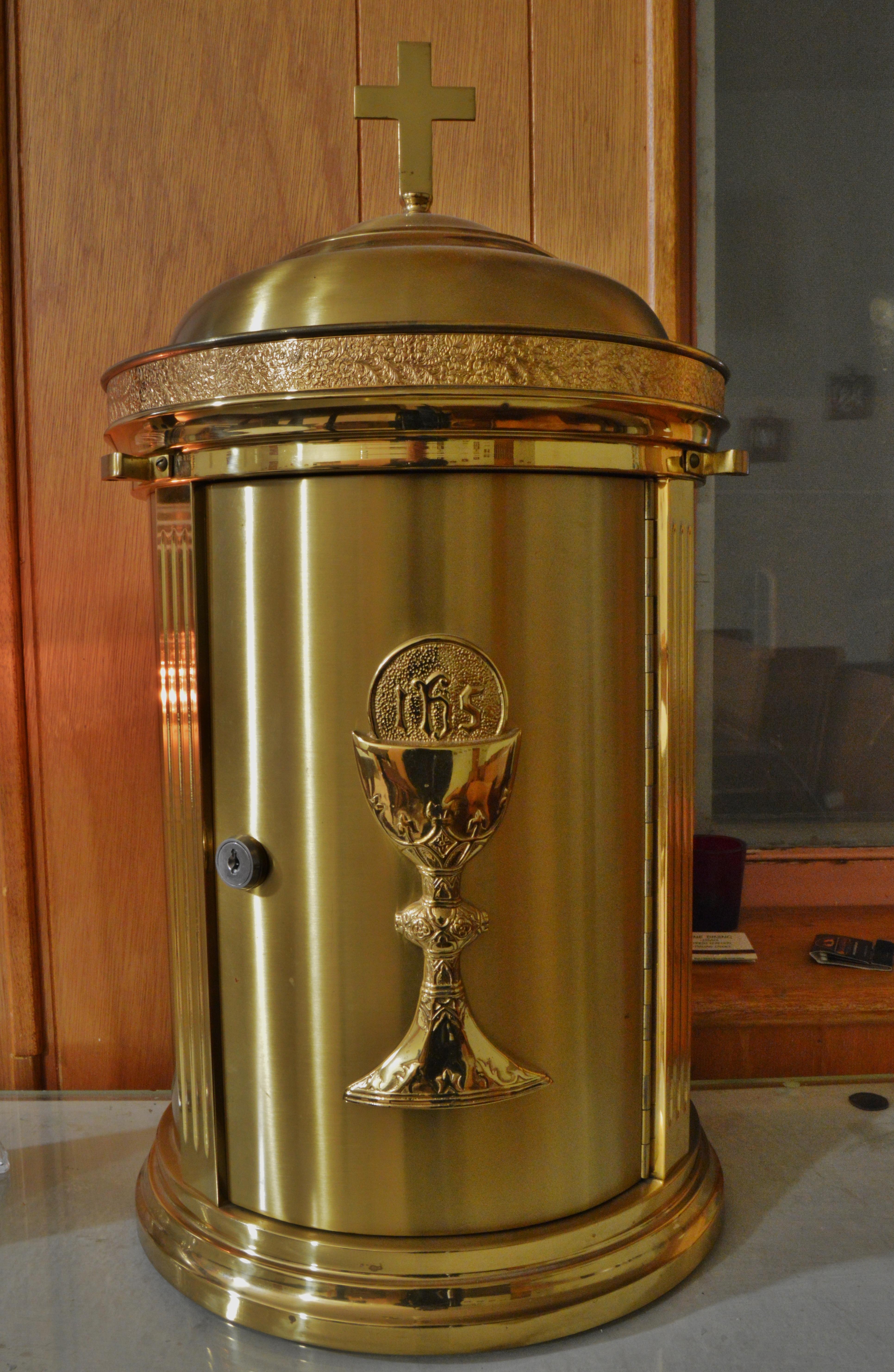

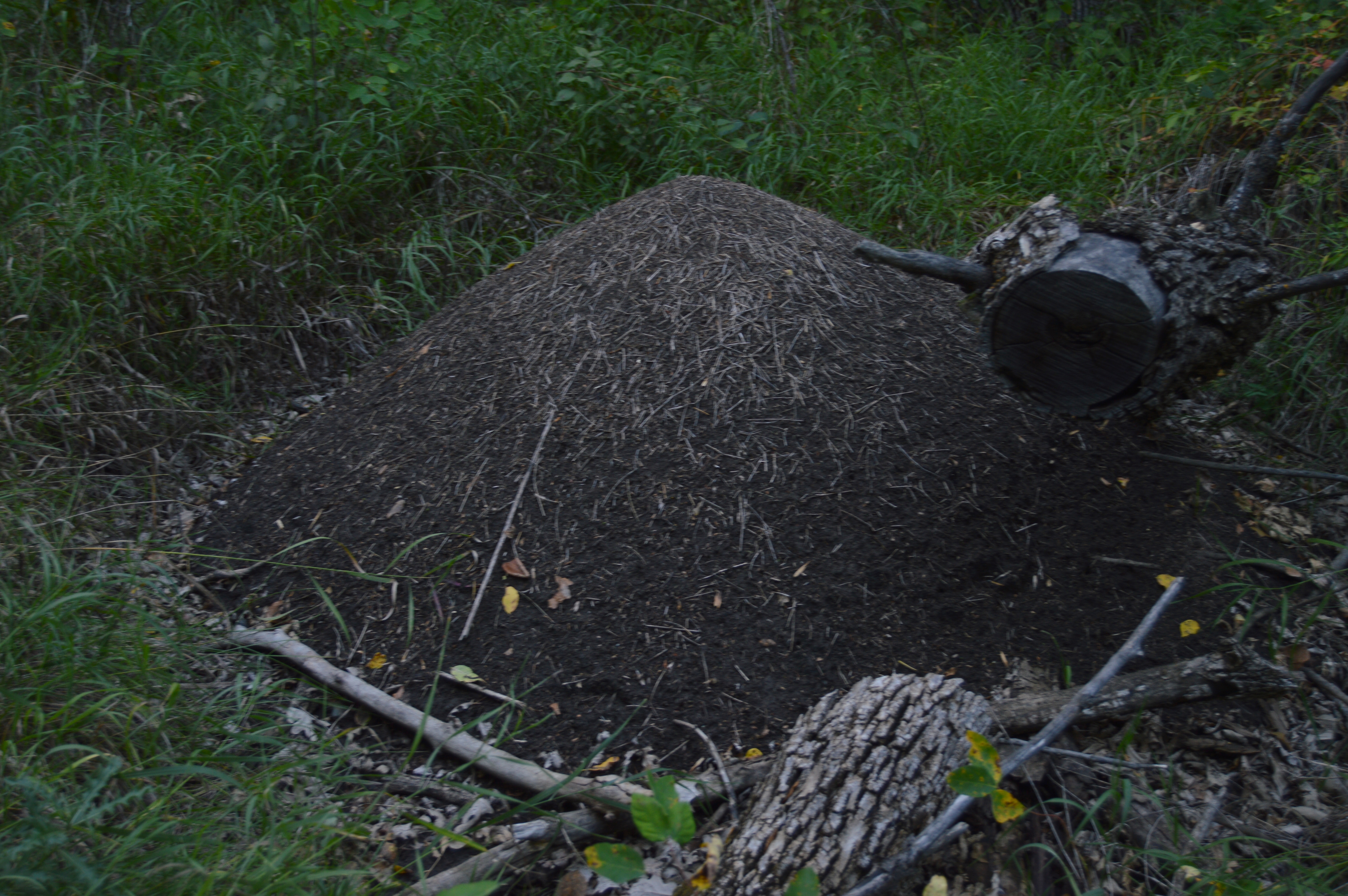



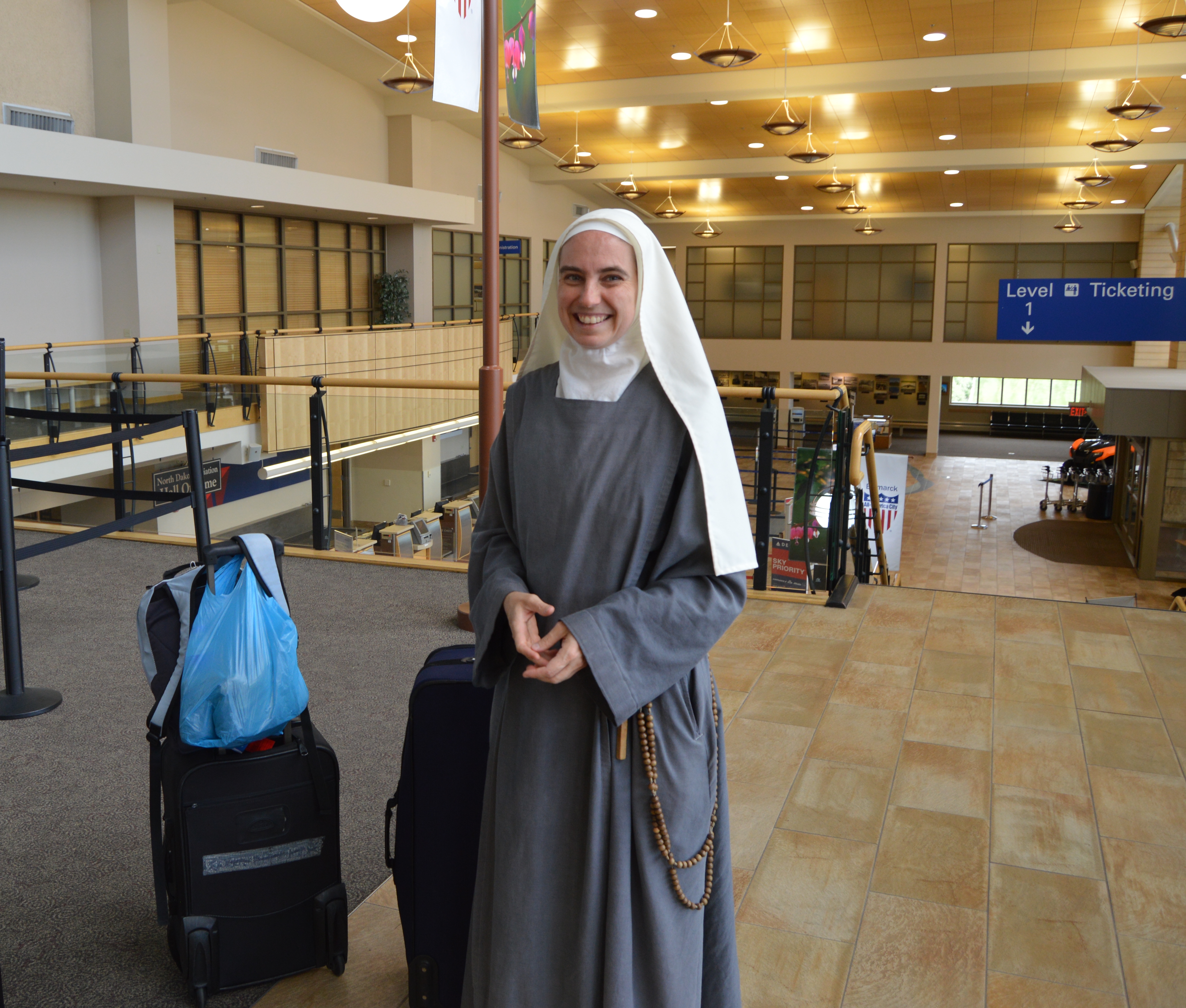
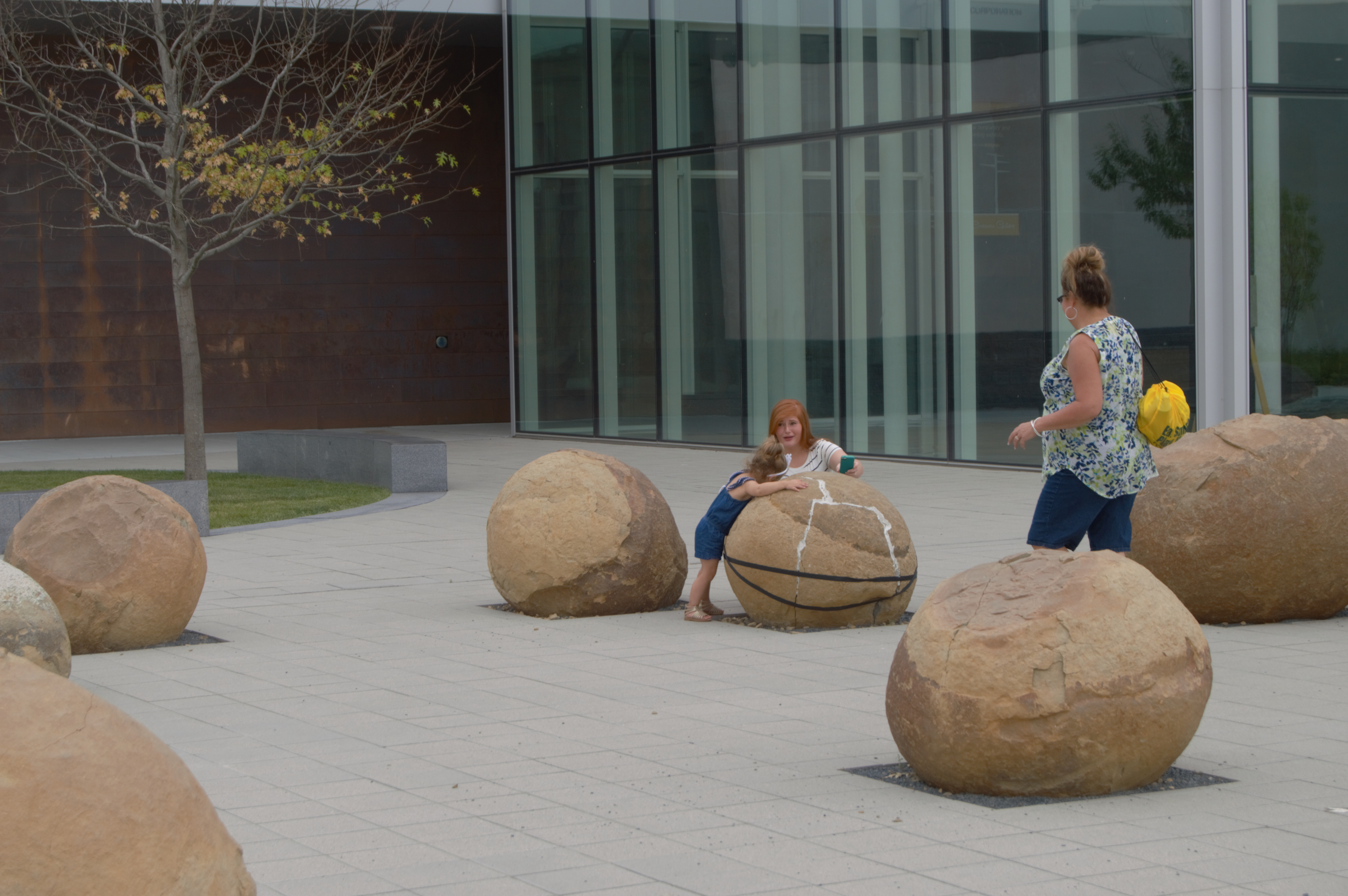
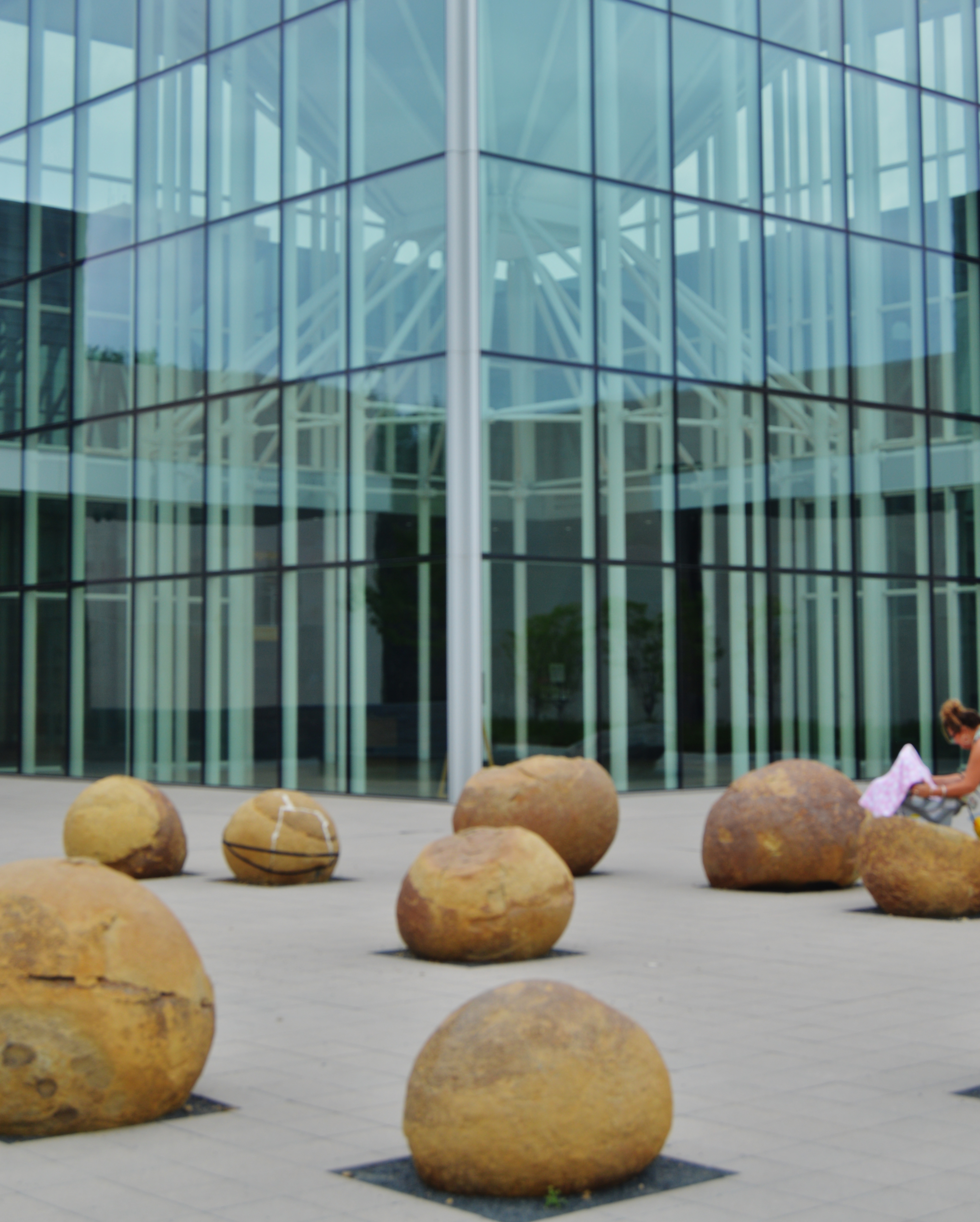

Recent Comments